In this fast-paced world, where technology is taking over almost every aspect of our lives, the concept of a smart home has gained significant popularity. The ability to automate various tasks within our homes has not only enhanced convenience but has also made our lives more comfortable and efficient. This blog post aims to provide you with a comprehensive understanding of smart homes, home automation, and the emerging concept of domotics.
Contents
What is a Smart Home?
A smart home, as the term suggests, refers to a residence equipped with advanced automation systems and devices that can be remotely controlled. By integrating technology into various aspects of a house, such as lighting, appliances, security systems, and even climate control, homeowners can enjoy a more convenient and personalized living experience.

Benefits of Home Automation
Convenience
With a smart home, you can effortlessly control several devices and systems, such as turning off lights or adjusting temperature settings, all from a single interface. This level of convenience eliminates the need to manually operate different devices, saving time and effort.
Energy Efficiency
Home automation allows you to optimize energy usage in your home. By remotely controlling lighting, heating, and cooling systems, you can ensure that energy is not wasted when rooms are unoccupied, ultimately reducing utility bills and carbon footprint.
Enhanced Security
Smart homes offer advanced security features that can make your property safer. Remote surveillance allows you to monitor your home from anywhere and receive instant notifications in case of suspicious activities. Automated door locks and motion sensors provide an added layer of protection, giving you peace of mind.
Personalization and Comfort
With home automation, you can customize your living space to suit your preferences. Adjust lighting levels and temperature settings to create the perfect ambiance, or program your coffee machine to have a fresh cup of coffee waiting for you every morning.
Integration and Connectivity
The ability to integrate multiple devices and systems within a smart home ecosystem allows for seamless connectivity. By using voice assistants like Amazon Alexa or Google Assistant, you can control various aspects of your home simply by speaking commands, adding an extra touch of convenience to your everyday life.

Constraints of Home Automation
Cost
One of the primary constraints of implementing a smart home is the initial investment required. The cost of purchasing automation devices, sensors, and the installation process could be significant. However, the long-term benefits and potential energy savings can offset these expenses.
Complexity
Setting up and configuring a smart home system can be complex, especially for those who are not tech-savvy. It may require professional assistance and a certain level of technical knowledge to ensure devices are properly connected and functioning correctly.
Privacy and Security Concerns
With increased connectivity and the use of the internet, smart homes are susceptible to potential security breaches. It is essential to implement robust security measures, such as regularly updating firmware and using strong passwords, to protect your personal data and privacy.
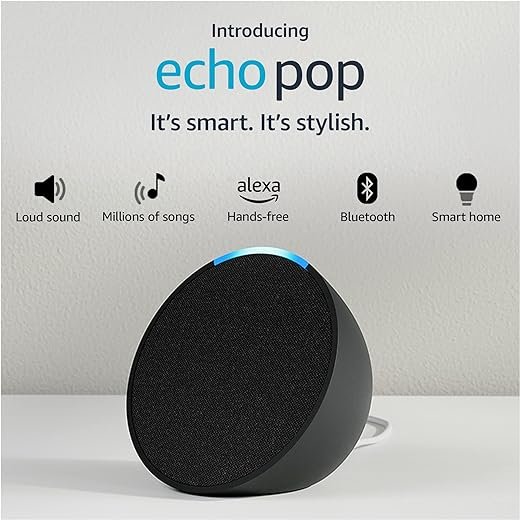
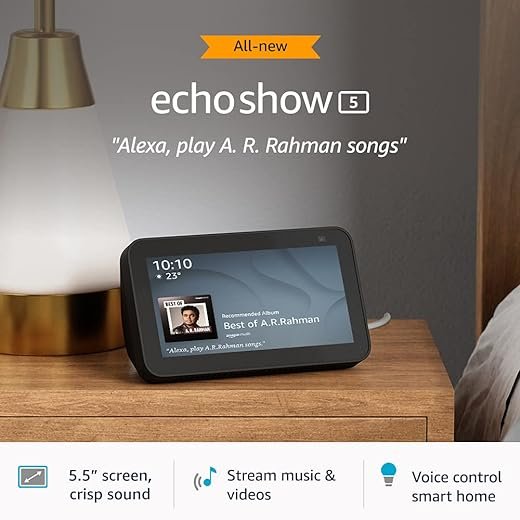
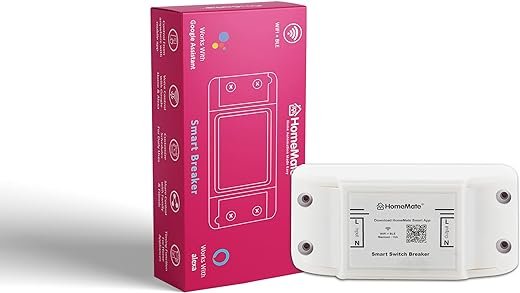
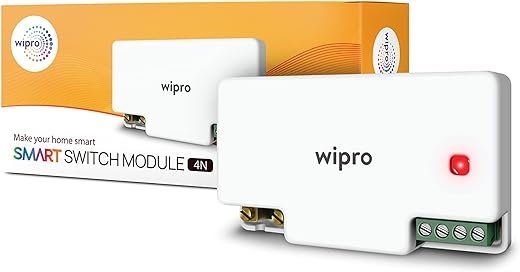
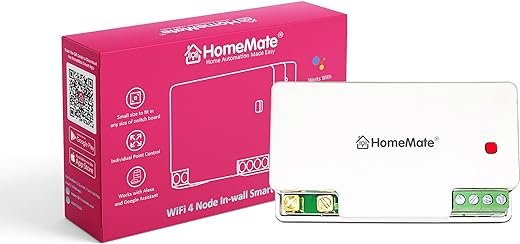
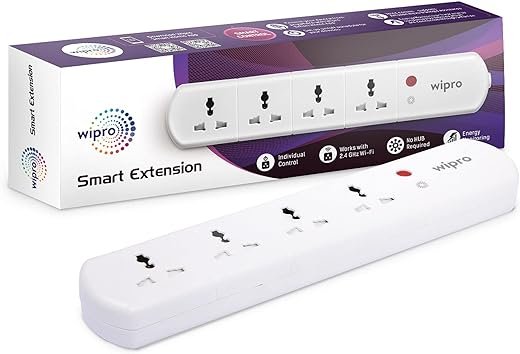

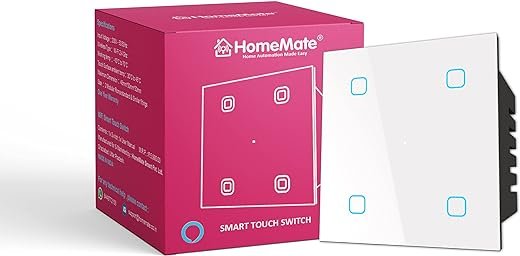
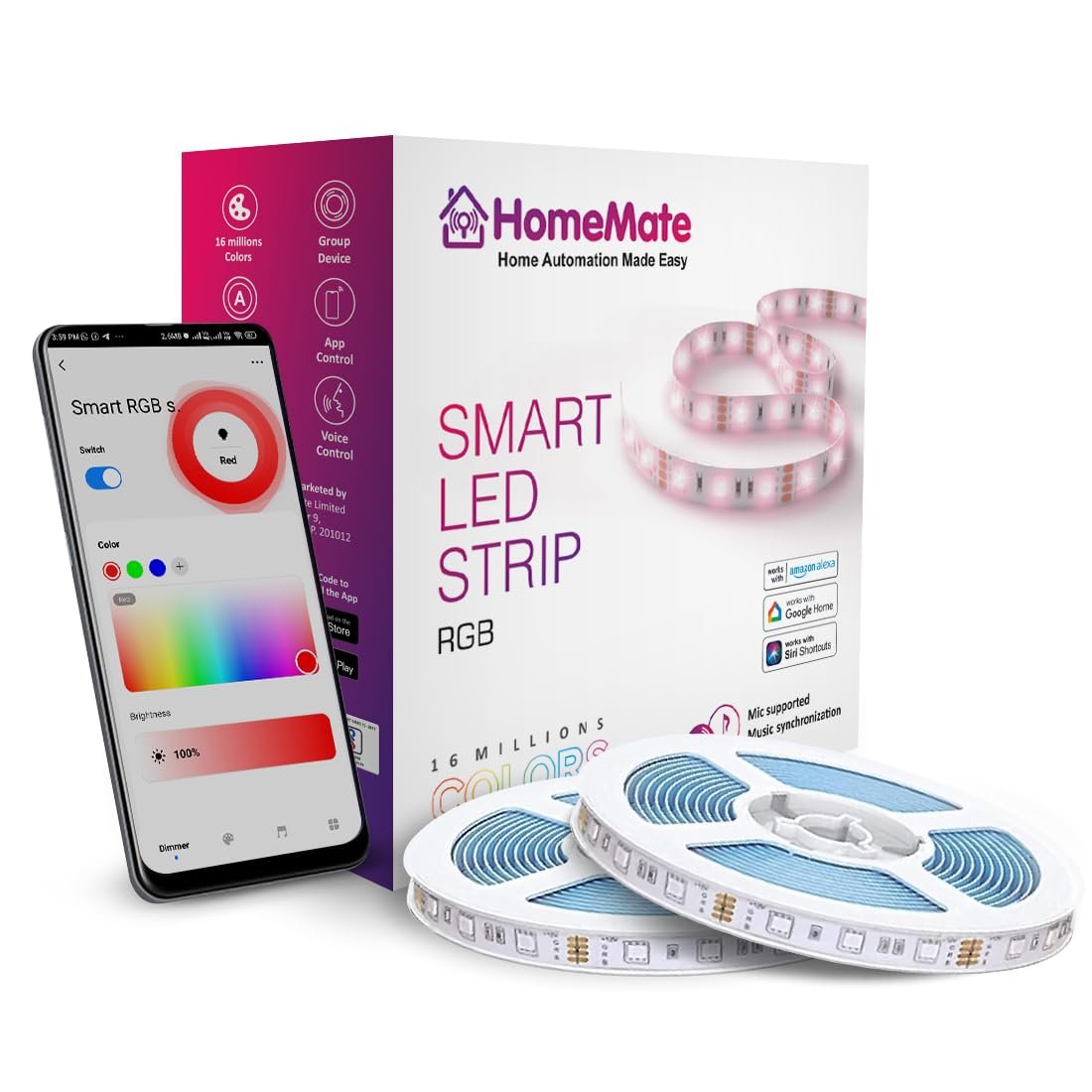

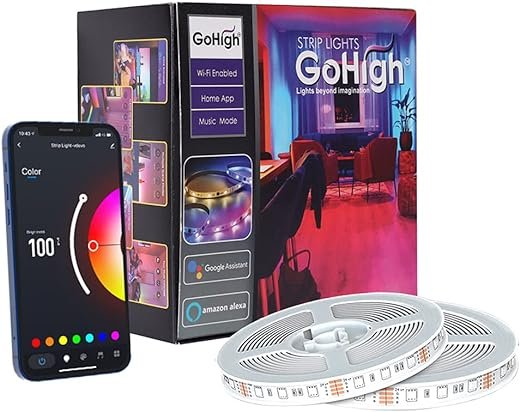
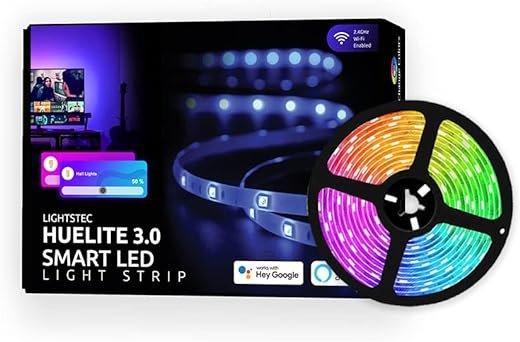
Frequently Asked Questions (FAQs)
Q1. Can I retrofit my existing home into a smart home?
A1. Yes, retrofitting your existing home is possible. Numerous devices and systems can be added to your home without significant structural changes. However, the level of automation you can achieve may vary depending on your home’s age and infrastructure.
Q2. How can I control my smart home?
A2. Smart homes can be controlled through various methods, including smartphone apps, voice assistants, and even dedicated control panels. Choose the method that suits your preferences and complements your lifestyle.
Q3. Are smart homes compatible with all devices?
A3. While smart homes are compatible with a wide range of devices, it is crucial to ensure compatibility before making a purchase. Look for devices that support popular smart home platforms like Google Home or Apple HomeKit.
Q4. Are smart homes only for tech enthusiasts?
A4. No, smart homes are designed to enhance the lives of all homeowners. While some technical knowledge may be beneficial, user-friendly interfaces and tutorials make it accessible to everyone.
In conclusion, smart homes offer a new level of convenience, efficiency, and security. By embracing home automation, you can create a personalized and seamless living environment. Consider the benefits and constraints mentioned in this article to determine if smart home technology is suitable for you.


